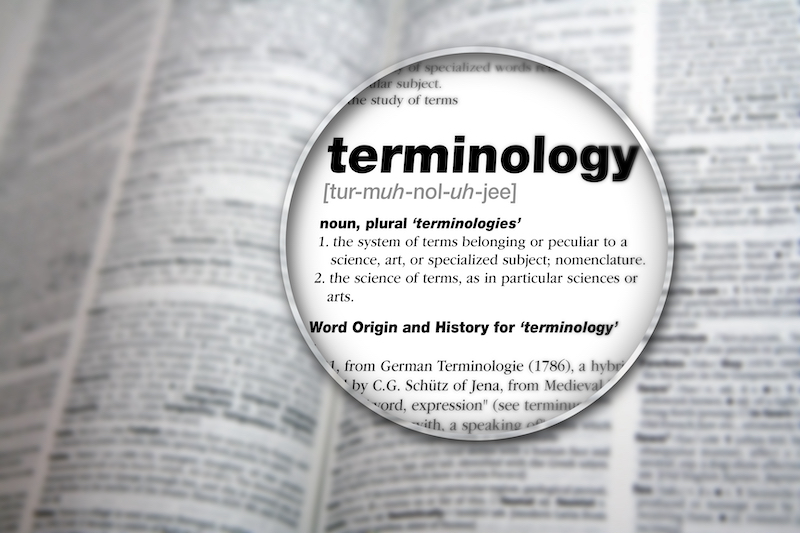The American Academy of Pediatrics has published a policy statement designed to help remove the stigma from substance use disorder
The American Academy of Pediatrics (AAP) Committee on Substance Use and Prevention recently published a policy statement in the journal Pediatrics on the recommended terminology for substance use disorders.
Co-authored by the University of Michigan’s Joanna Quigley, MD, the purpose of this statement is to provide medically accurate, person-first and non-stigmatizing terminology for substance use disorders in the specific context of infants, children, adolescents, young adults and families. Stigma-inducing terminology, studies indicate, has been a major barrier in producing better treatment and recovery outcomes.

“This policy statement is needed, and being mindful of terminology is needed for many reasons,” Quigley says. “One reason is to remind providers that it is important to speak in clinically accurate ways, that reflect current knowledge/scientific understanding of substance use disorders.
“It is also important for the families we work with, and the patients we take care of. There is already so much shame and stigma for folks around mental health concerns, but even more so for substance use concerns in themselves, or in their families. Being mindful of language allows us to engage with our patients and communities in a more understanding, empathic and empowering way. It helps both the patient, their family and their providers to feel that this is a challenge that can be addressed with evidence-based interventions, that there is hope and that it does not define the value of the person.”
The First of Its Kind
The policy statement is the first of its kind to be used among pediatricians, media, policymakers and government agencies and in its own peer-reviewed publications. It provides three specific recommendations regarding medically accurate diagnostic terminology, person-first language and terminology for use in the discussion of the treatment of SUDs. The policy statement also includes helpful examples of problematic language, and recommended language/terms along with an explanation for each.
This article is reprinted with permission from the University of Michigan’s Addiction Center, a partner of TreatmentMagazine.com in working to improve addiction outcomes.
Top photo: Shutterstock














